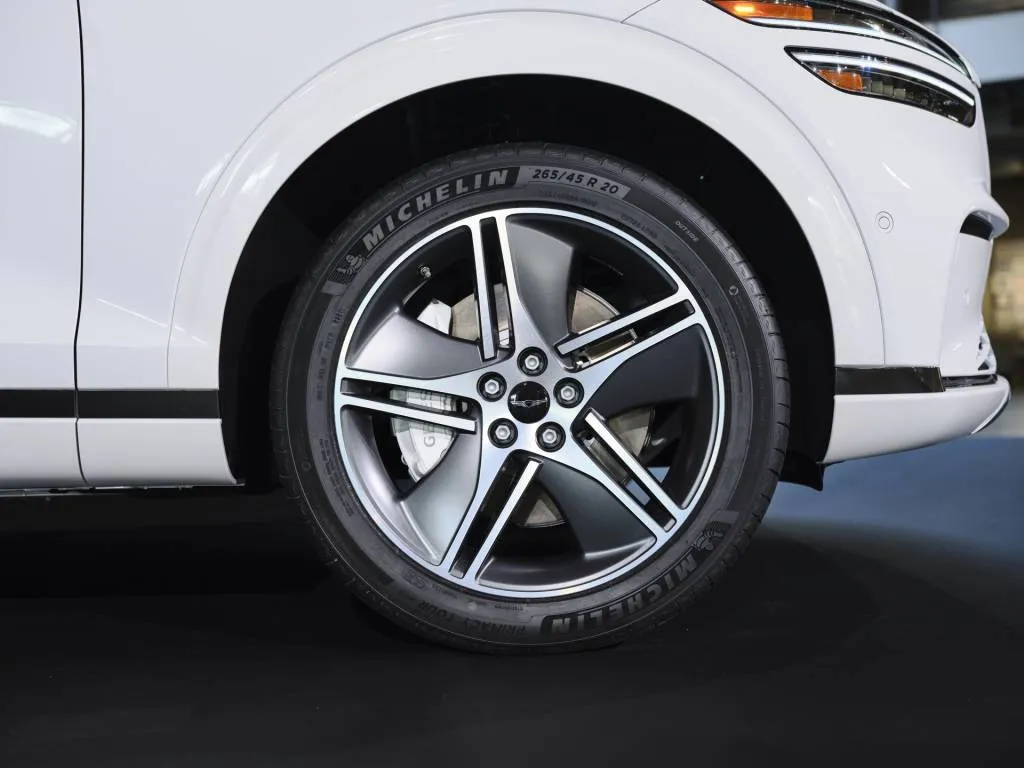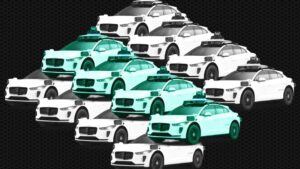Dedicated investment ensures Genesis remains ahead of the technology shift Genesis SUVs will become hybrids, and range-plus extended EV models will arrive for the first time in 2027
Hyundai has in recent months raised its hybrid goals for the next several years, and its premium Genesis brand will be an important part of them.
The company confirmed in August that Genesis will add hybrid versions of all upcoming models on a global basis, with the exception of dedicated electric vehicles like the GV60. This came after a decision that the brand would reverse course on launching electric cars only after 2025.
Across the Hyundai and Genesis brands, the automaker boosted its hybrid target at that time as well, aiming to accelerate hybrid sales to 690,000 in North America in 2028, from 170,000 in 2024. This now represents a 40% higher hybrid target for 2028 than it had had previously outlined it, so it’s a serious refocusing of how it sees its mix in a few years – consistent with Georgia EV’s hybrid flexibility Metaplant.
Regarding hybrids, while implementation may be different on a model-by-model basis, it means “obviously adding them to the meat of the portfolio, which is our SUVs,” according to Ash Corson, who leads Genesis product planning for North America. , in a mini roundtable interview with Green Car Reports at the Los Angeles Auto Show last week.
“The U.S. market here is the largest market going forward for Genesis in most segments,” Corson said. Therefore, the executive emphasized that the hybrid cars it sells will be a good fit for the brand and market.
2026 Genesis Electrified GV70
Following Genesis’ first hybrid SUV models, scheduled for unveiling in 2025, will come long-range electric vehicles — or, perhaps to be more clear, long-range hybrid series. Using a somewhat smaller battery pack, with a gasoline engine essentially acting as an internal generator, the technology could be a sweet spot in a market that’s not quite ready for electric-only vehicles, as well as with US regulators.
Hyundai Motor President and CEO Jihoon Chang at Hyundai’s Executive Investor Day, in August, when the technology was introduced, called it a “major stepping stone” and noted that it would be considered “like electric cars by North American environmental standards.” “—which allows the company greater flexibility. The system, which appears similar to the system that will soon be introduced in the 2025 Ram 1500 Ramcharger pickup truck, also offers better price competitiveness compared to electric vehicles in the same class, according to Hyundai, because it reduces The price of the most expensive component, which is the battery pack.
At the time, Zhang also said that the so-called EREV system under development would be able to provide all-wheel drive with two motors, something rival automakers have not yet achieved in such a system.

Hyundai Motor Group’s EREV system has been confirmed for Hyundai and Genesis
Hyundai also promised an electric car-like driving experience, as well as a combined range of up to 559 miles (900 km) for the powertrain, when running on a full charge and with a full tank of gasoline. She suggested that the system was designed to allow the cargo to be charged and gasoline filled simultaneously.
Mass production of the EREV system for North America could begin later in 2026 and reach the market in 2027, applicable to “D-Class SUV” models first – reportedly the Hyundai Santa Fe and Genesis GV70, with a sales target of around 80,000 vehicles. units. The 2026 Genesis Electrified GV70 was just revealed at the show, with a mid-cycle update including a larger battery, greater range and a NACS charging port, so that could be a key part of the next-gen model.
For a family that has a garage charger but takes road trips and has fluid plans, it could be a great option, noted Corson, who would not specifically confirm which model the system would apply to.

2026 Genesis Electrified GV70
Corson pointed to the “modularity at the platform and powertrain levels” that will help enable these future models, and assured GCR that these variants of Genesis hybrids will remain distinct from Hyundai’s long-range hybrids and plug-ins.
Hyundai Motor’s new CEO, Jose Muñoz, was head of Genesis in the U.S., so he “knows what we need,” according to Corson.
“My team is a reflection of the investment made solely in Genesis resources,” Corson added, noting that there is a lot of investment from the company to help ensure that across the different engines, Genesis and its Magma enthusiast sub-brand remain distinct from the crowd. Hyundai is “in product, performance and platform up” as it grows.




